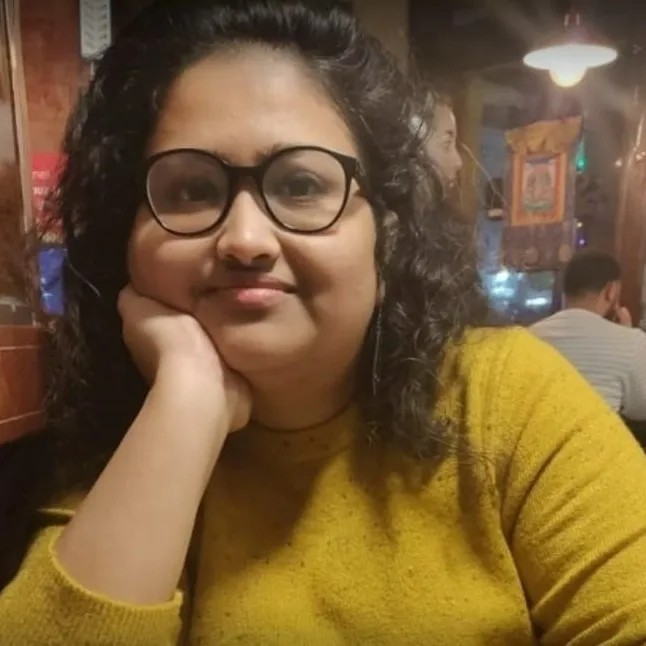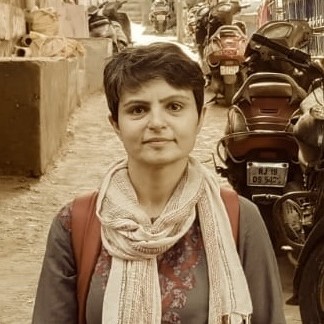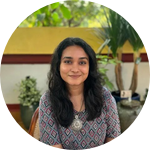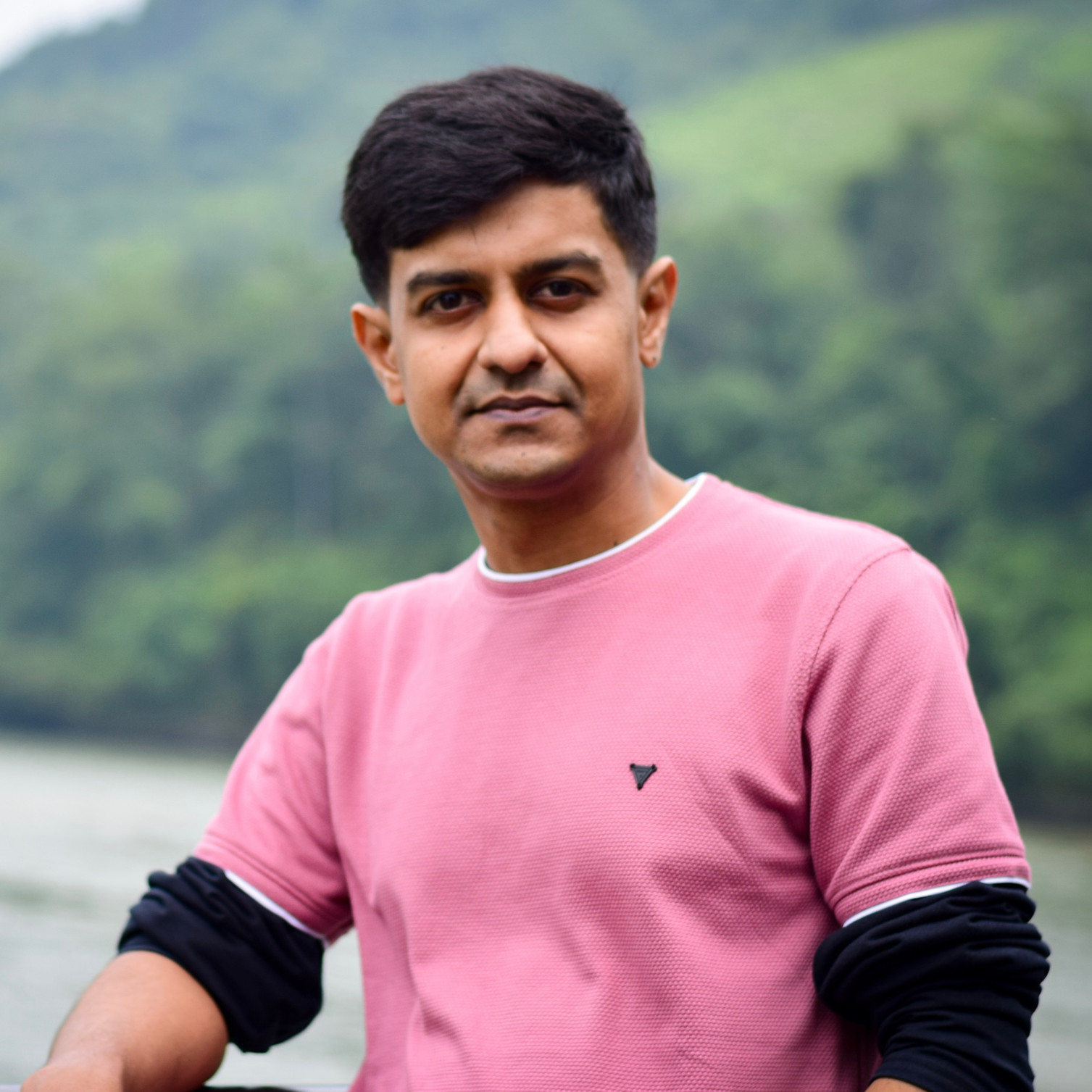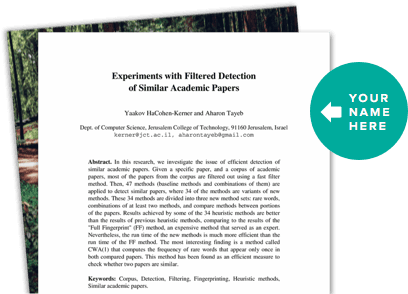About This Project
We will explore the science behind the ethnobotanical practices of forest tribes in Madhya Pradesh. Documenting tribal community plant use and analyzing vegetation and soil microbes links biodiversity to ecosystem health. Through fieldwork, lab experiments, and community engagement, we will archive knowledge, identify plant-soil interactions, and create a community-owned open-source platform, fostering cultural and ecological sustainability for the future.
Ask the Scientists
Join The DiscussionWhat is the context of this research?
Madhya Pradesh, a state in Central India, has the highest forest cover in the country. The forests are inhabited by diverse Adivasi (Tribal) communities, e.g., Mawasi and Korku, who traditionally rely on these forests for sustenance. However, very few studies have focused on documenting the richness and diversity of native plant species in such protected forest areas and mapping it to soil health and below-ground diversity. Tribal communities are impacted by a lack of access to archiving and disseminating such information to future generations. This project would help address this gap by providing a thorough understanding of the relationship between human and non-human components of nature. We shall emphasize that the community, individual selves, and the forest are part of the same life-world, and we aim to disseminate this knowledge to both community members and plant researchers.
What is the significance of this project?
This project attempts to systematically archive ethnobotanical knowledge in light of scientific methods and examine the relationship between biodiversity and ecosystem health. It documents trans-generational knowledge of the tribal communities in the forests of Central India. Focusing on the communities that dwell in the Pachmari forests, this project creates a repository of the ethnobotanical knowledge that the dwellers have learned and imparted by embodied practice. As communities continue to be relocated outside the forests, their livelihoods, practices of medicine, and knowledge of plants and soil continue to fade collectively. By synthesizing the knowledge from different modalities, keeping it community-owned, as well as incorporating a pedagogic component to information gathering, we hope to bridge the gap between the different stakeholders as well as narrow the inter-generational gap.
What are the goals of the project?
The gathered information will be systematically archived in the form of an open-source database in English and local languages. The database will include the ethnobotanical practices of the plant species and their distribution, soil health parameters (NPK), and microbiome diversity (including new species discovered via metagenomic sequencing) of the studied region.
Popular and research articles will be published to disseminate the findings to a larger audience. Local village offices and community libraries will be provided with pamphlets and posters of the archived information in local languages to ensure proper dissemination of the information.
The project has a strong pedagogic component, as it will train the younger generation in fieldwork and manage the open-source platform.
Budget
Funds will be used for the travel, food, and accommodation of faculty and research associates. Multiple trips between the university and the field sites will be required to collect vegetation and soil samples, conduct fieldwork, create meaningful relationships with the community members, and gather data for all project objectives. Due to the interdisciplinary nature of the grant, we require personnel with expertise in ecology, microbiology, and social science. Lab consumables will be needed to conduct soil DNA extraction, NPK analysis, PCR reactions, sample preparation, and data analysis for metagenomic sequencing to assess soil health. Additionally, resource personnel, translators, and interlocutors will be needed to archive the knowledge and develop an open-source platform in both English and local languages.
Endorsed by
 Project Timeline
Project Timeline
The project will be launched in March 2025 by hiring research trainees and reliable interlocutors. We shall obtain approvals from forest officials and survey sampling sites by mid-2025. Ethnographic fieldwork, vegetation sampling, and soil health analysis including DNA extraction, PCR design, and sequencing pipelines will continue till the end of 2025. We shall complete data analysis, open-source platform creation, translation, and dissemination of information gathered by mid-2026.
Jan 20, 2025
Project Launched
Mar 31, 2025
Hiring research associates and locating reliable interlocutors
Apr 30, 2025
Creating study design, Preliminary survey of potential sites
Jun 30, 2025
Obtain permission from the concerned authorities to access the sites and work with indigenous communities
Aug 31, 2025
Vegetation sampling, soil collection & DNA extraction.
Meet the Team
Affiliates
Team Bio
Our team brings together diverse expertise in biology, ecology, literature, and anthropology. Ananya Mukherjee specializes in microbiology and will look at soil health and microbial diversity. Achyut will focus on the distribution of plant species in study sites. As a sociologist Eveleen will carry out the ethnographic fieldwork to create a knowledge repository. Neha will accessibly archive the information and aim to tell the stories of the communities.
Ananya Mukherjee
Ananya is an Assistant Professor at Azim Premji University, Bhopal. Her doctoral thesis focussed on the carbon dioxide-concentrating mechanism(CCM) in green algae like Chlamydomonas. Currently she is aiming to identify more components of the CCM using CRISPR editing. She also works on the effect of above-ground vegetation on the soil microbiome of urban spaces in Indian cities. Additionally, she works on using CRISPR in diverse undergraduate classrooms and research to equip biologists of the future. She is passionate about STEM pedagogy, accessible science education, and innovative science outreach.
Eveleen Kaur Sidana
Eveleen Sidana is an Assistant Professor at Azim Premji University, Bhopal, where she teaches Sociology.
As an ethnographer she works at the intersection of spaces, media and digital technologies. She is enthusiastic about urban markets and city streets and exploring the spontaneity of urban spaces and cultures. She has critically analyzed the relation between the ubiquity of digital technologies and the pandemic in urban spaces. . Along with her colleagues she is interested in the systematic archiving of the knowledge and practices of the tribal communities in the Pachmarhi biosphere reserve creating a repository of the ethnobotanical knowledge from the perspective that the forests and the tribal communities are intertwined as part of the same place.
Neha Yadav
Neha has a Master of Arts (MA) in English Literature from the University of Delhi and a Bachelor of Arts (BA) in the same from Miranda House. Her PhD thesis, submitted to BITS Goa, concerns a new form within Indian Writing in English (IWE) - The Indian Graphic Novel - and explores its relationship with an emergent professional-managerial class in the wake of the economic reforms of 1991. She has previously worked for the digital media startup The Quint and continues to write extensively for new media platforms like The Wire, Scroll, Agents of Ishq, Strange Horizons and EPW Engage. In 2023, she was shortlisted for the Rama Mehta Writing Grant for short fiction. She is passionate about democratizing knowledge through accessible archiving.
Achyut Kumar Banerjee
I am a plant ecologist with Bachelor’s and Master’s Degrees in Botany from the University of Calcutta, Kolkata. I work in the domain of Biological Invasion, one of the main components of global change. My research aims to understand the dynamics of the invasion process, starting from the introduction of an organism into a new environment to its ability to cross different barriers to become an invasive species. In line with the interest of my postdoctoral research group, I also worked on the phylogeography of several mangrove species distributed in the Indo-West Pacific region.
My studies are focused on countries of the Global South and provide practical and easy-to-implement – a) management measures for the invasive species and b) conservation insights for the threatened mangrove taxa. I have published 42 research papers in international peer-reviewed journals.
I love reading books (with a bias for historical nonfiction) and capturing the natural world (with a bias for flower and macro photographic genres).
Lab Notes
Nothing posted yet.
Additional Information
With tribal communities being legally relocated from forest lands, their access to botanical materials from forests diminishes considerably. Our proposed interdisciplinary research sees the tribal communities as repositories of knowledge, and not just communities dependent on forest resources, and thus making them inhabitants of the same landscape as the forests. Combining scientific tools with their knowledge and practices, this project will create a repository of forest vegetation and shine a light on how soil health is affected when native vegetation is kept untouched. Scholars hired for the project will have interdisciplinary knowledge of ecology, microbiology, and social science.We shall need approvals from the Forest Department, Madhya Pradesh Government, Pachmarhi Biosphere Reserve Administration and local community to move forward with the project.
Project Backers
- 0Backers
- 0%Funded
- $0Total Donations
- $0Average Donation

